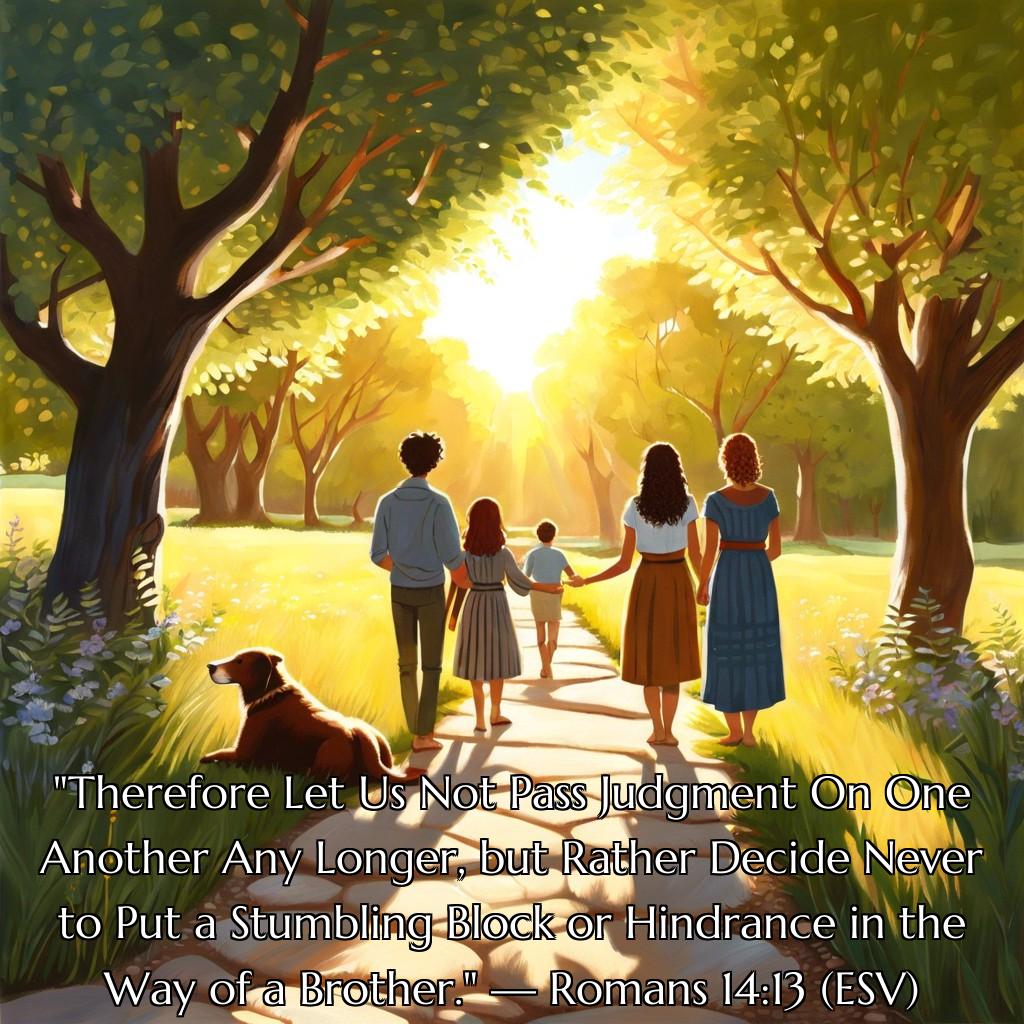In this article, we will discuss the meanings behind 10 controversial Bible verses.
The Bible, a source of inspiration and moral guidance for many, also contains passages that spark intense debate and controversy. These verses challenge modern sensibilities and prompt discussions about interpretation and context. If you’ve ever wondered about some of the most contentious scriptures and their deeper meanings, you’re in the right place. Here, we explore ten such verses, unraveling their significance and the debates they fuel.
1 Timothy 2:12 – “I Do Not Permit a Woman to Teach or to Assume Authority Over a Man; She Must Be Quiet.”
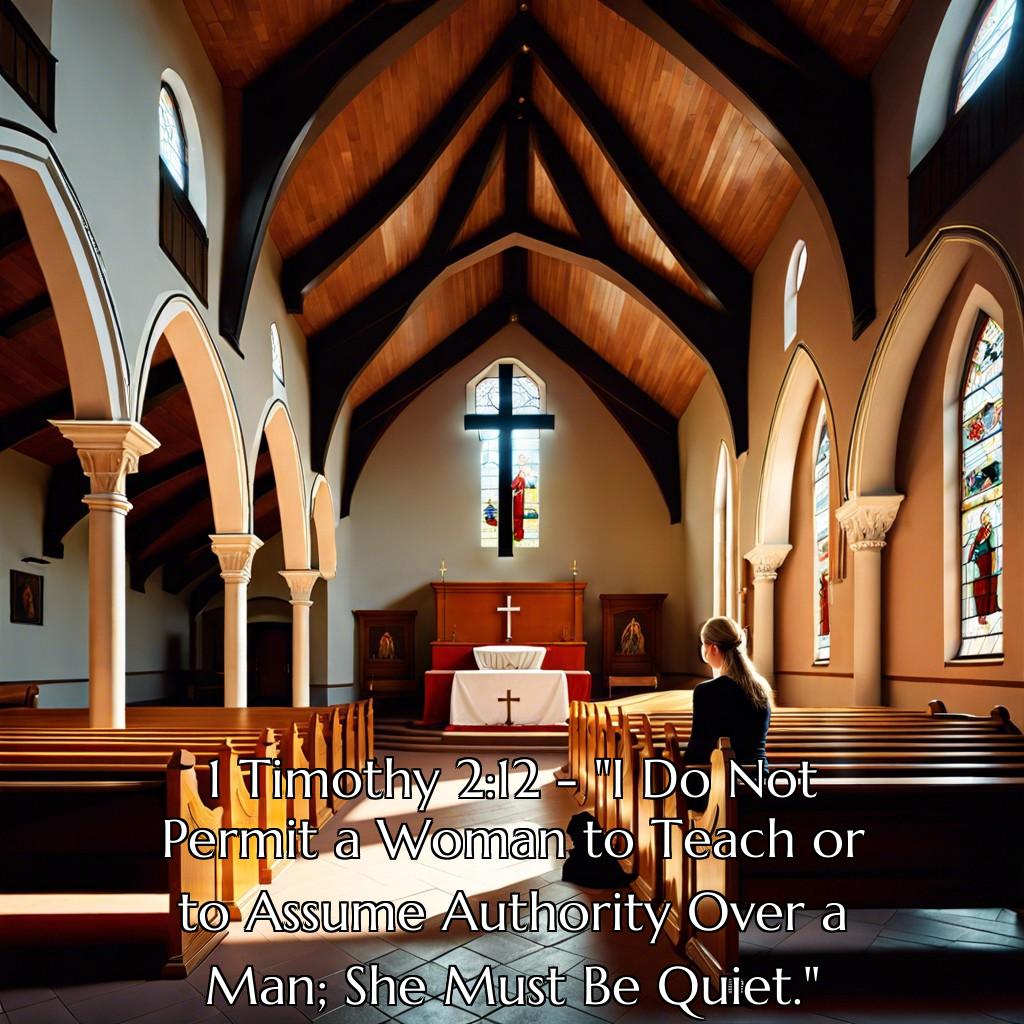
This verse has sparked much debate within Christian circles. Some interpret it as a directive for women to remain silent in church settings. Understandably, this has raised questions about gender roles and equality.
- Context is key. During the era this was written, cultural norms were vastly different, and women were generally not educated.
- Some scholars suggest this guidance was specific to the church in Ephesus, where false teachings were a problem.
- This verse doesn’t stand alone. There are other scriptures where women are seen teaching and holding influential positions within the early church.
- It’s essential to reconcile this with the broader message of the Bible, which promotes equality and unity in Christ.
Leviticus 18:22 – “Do Not Have Sexual Relations With a Man As One Does With a Woman; That Is Detestable.”
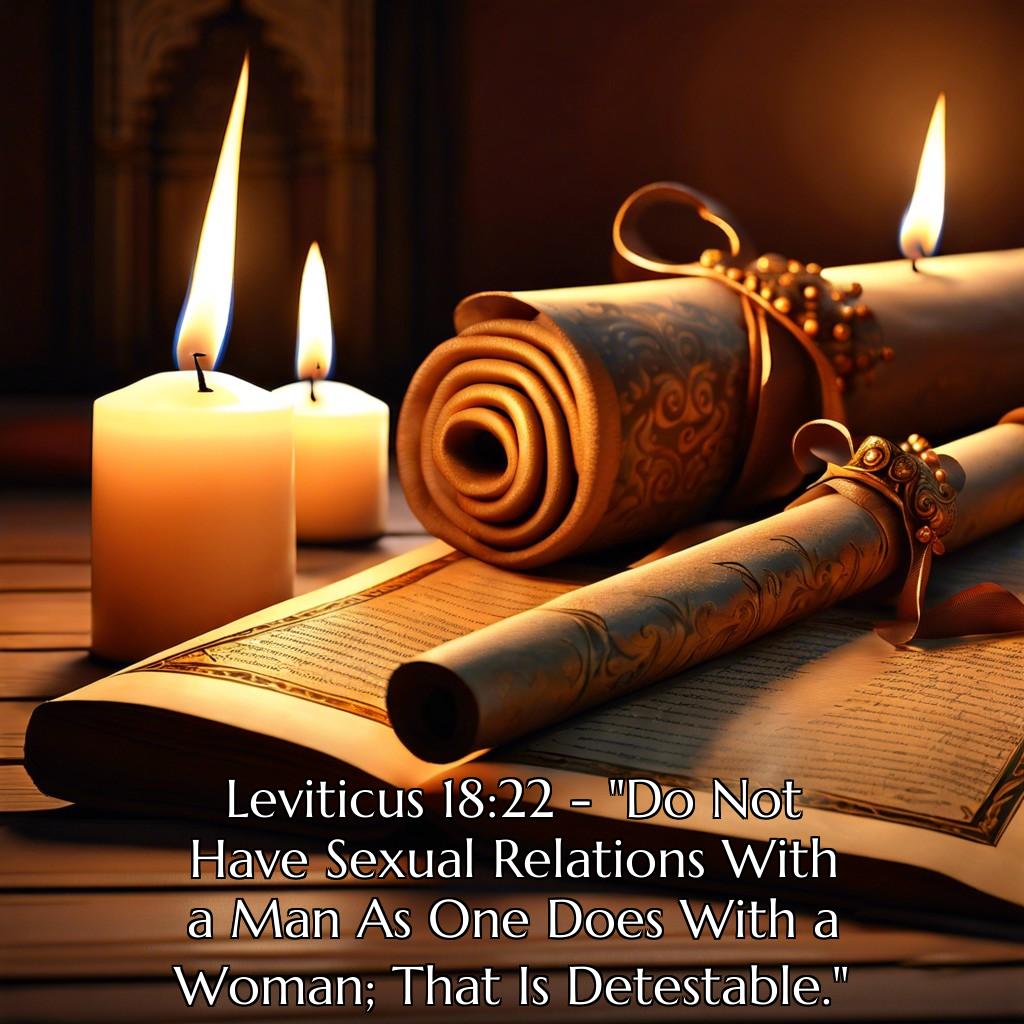
This verse from Leviticus often stirs up a lot of discussion and controversy due to its explicit statement against same-sex relationships. It’s important to understand the context and the cultural framework in which it was written.
First, this verse is part of the Holiness Code, a section of Leviticus outlining moral and ritual behavior intended to set the Israelites apart from other nations. These laws were meant to ensure community purity and distinctiveness.
Second, the interpretation of this verse has evolved over centuries. In Jewish tradition, some scholars argue it emphasizes the broader cultural taboos of that time, not necessarily making a universal, timeless moral statement.
Today, this verse plays a significant role in debates within religious communities about LGBTQ+ inclusion. Some see it as a clear prohibition, while others view it through a more nuanced, historical lens.
Understanding this verse requires recognizing its deep roots in a different era and culture while balancing contemporary interpretations and values.
Exodus 21:20-21 – “Anyone Who Beats Their Male or Female Slave With a Rod Must Be Punished If the Slave Dies As a Direct Result, but They Are Not to Be Punished If the Slave Recovers After a Day or Two, Since the Slave Is Their Property.”
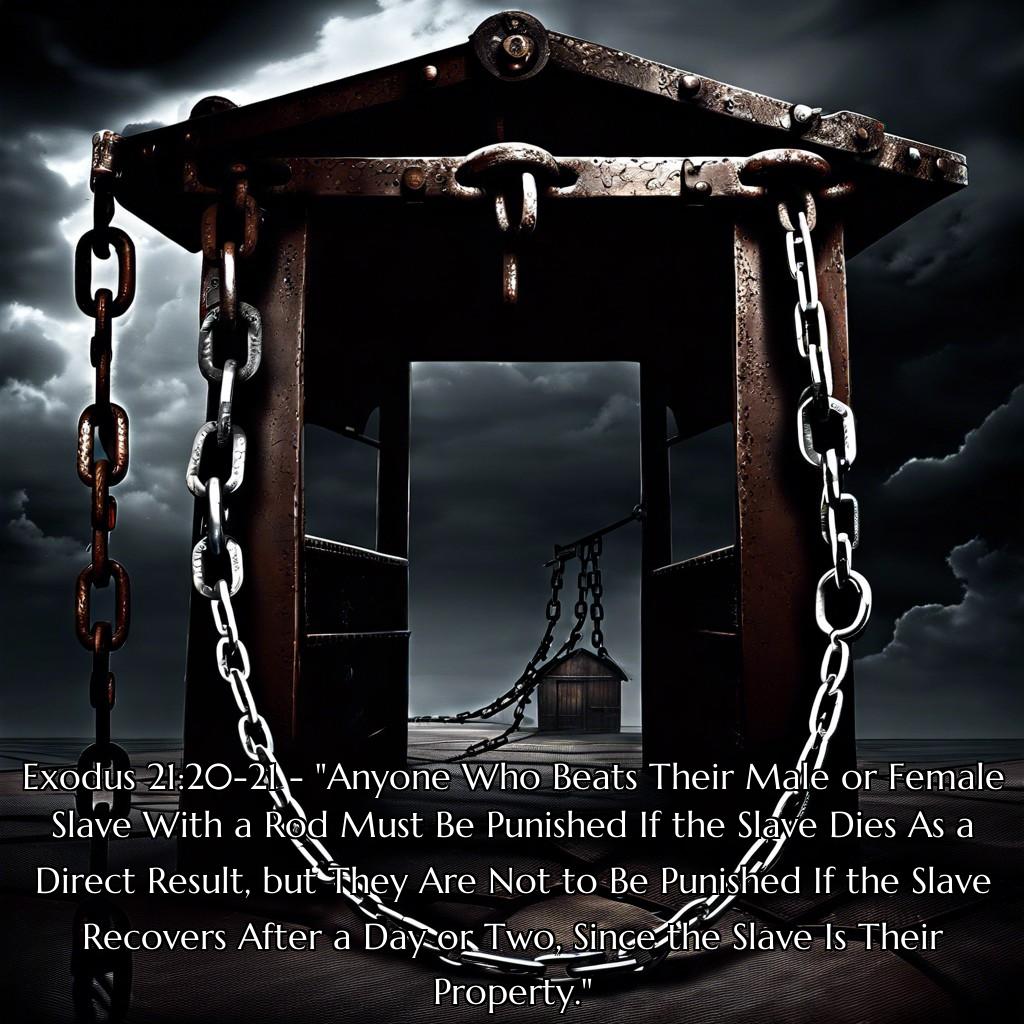
The verse navigates a deeply sensitive and complex historical context, where slavery was a normalized practice in ancient times.
First, it’s essential to recognize that the Bible reflects the cultural norms of its era. This verse is a regulation within that framework, not an endorsement.
Second, the mention of punishment for causing a slave’s death shows an attempt to impose some sense of accountability. While today this regulation feels wholly inadequate, it marked a threshold in a society where slaves were often seen as mere property.
Third, the concept of slaves being property was sadly widespread and accepted in many ancient societies, including those surrounding Israel. This context helps us understand but not justify the harsh realities of the time.
Engaging with such verses requires wisdom and an understanding that these texts often reveal humanity’s journey and moral evolution rather than provide eternal endorsements of outdated practices.
Deuteronomy 22:28-29 – “If a Man Happens to Meet a Virgin Who Is Not Pledged to Be Married and Rapes Her and They Are Discovered, He Shall Pay Her Father Fifty Shekels of Silver. He Must Marry the Young Woman, for He Has Violated Her. He Can Never Divorce Her As Long As He Lives.”
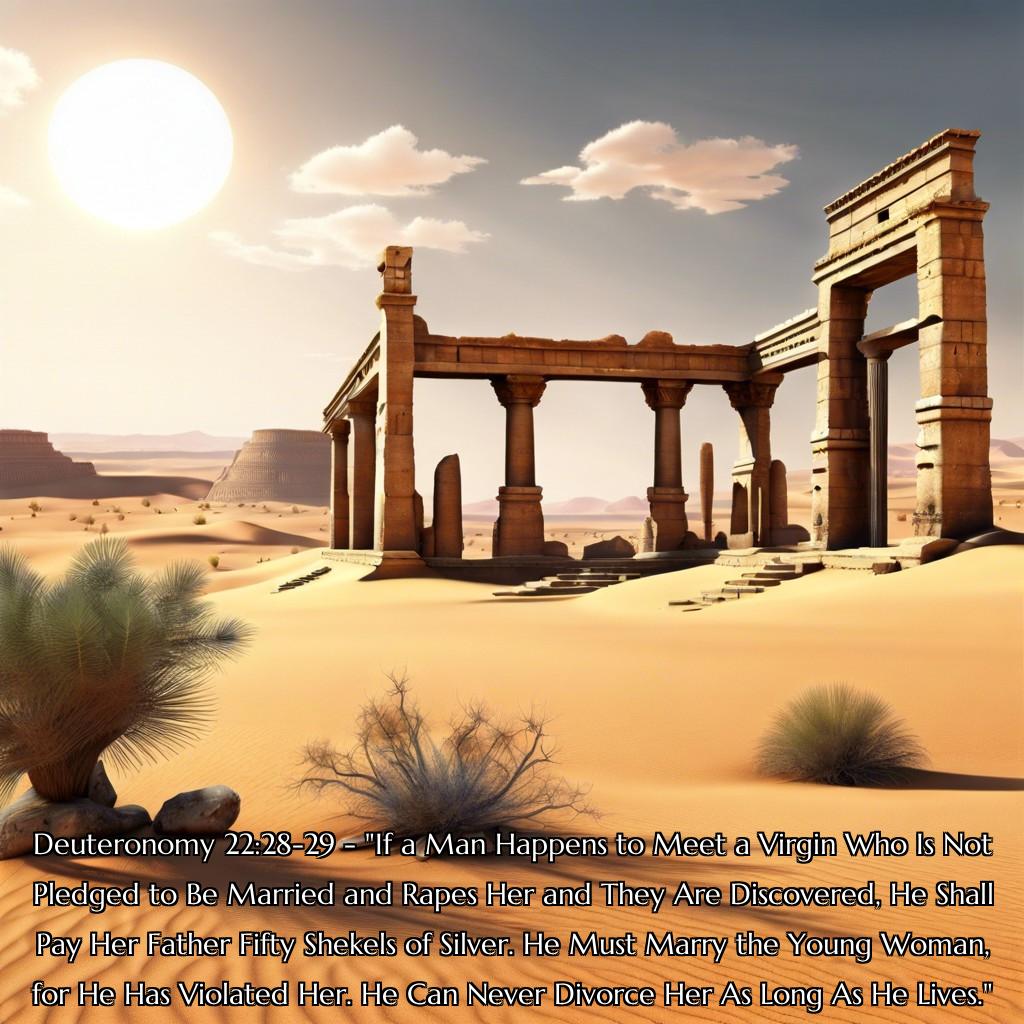
This verse is troubling to many due to its apparent treatment of rape and women’s rights. Contextually, the verse reflects ancient cultural norms. Here are some points to consider:
Firstly, ancient Israelite society placed significant emphasis on familial honor and the protection of family lineage. A virgin’s social value was often tied to her virginity, which impacted both her and her family’s social standing.
Secondly, the payment of fifty shekels was a form of bride price, a common practice to compensate the family for the violation. This was intended to provide some form of reparation.
Thirdly, the forced marriage may seem harsh by today’s standards, but in that context, it was seen as a way to provide for the woman’s future. Her prospects for marriage would be significantly diminished otherwise.
Nonetheless, this verse raises important questions about ethics and justice, showing how cultural and historical contexts can influence interpretation and application of biblical laws.
Psalm 137:9 – “Happy Is the One Who Seizes Your Infants and Dashes Them Against the Rocks.”

This verse shocks many readers with its violent imagery. It expresses intense anger and desire for revenge. Understanding the context helps.
Firstly, the psalm reflects the pain and desperation of the Israelites during their Babylonian exile. Their city was destroyed, and they faced immense suffering.
Next, such verses often use hyperbole to convey depth of emotion and not necessarily literal intent. This verse exemplifies the deep anguish and longing for justice felt by an oppressed people.
Lastly, it’s vital to see this verse as a part of an emotional prayer, not a divine endorsement of violence. It showcases human vulnerability and the rawness of feelings during extreme distress.
Context and literary style are key to interpreting difficult passages like this.
1 Samuel 15:3 – “Now Go, Attack the Amalekites and Totally Destroy All That Belongs to Them. Do Not Spare Them; Put to Death Men and Women, Children and Infants, Cattle and Sheep, Camels and Donkeys.”
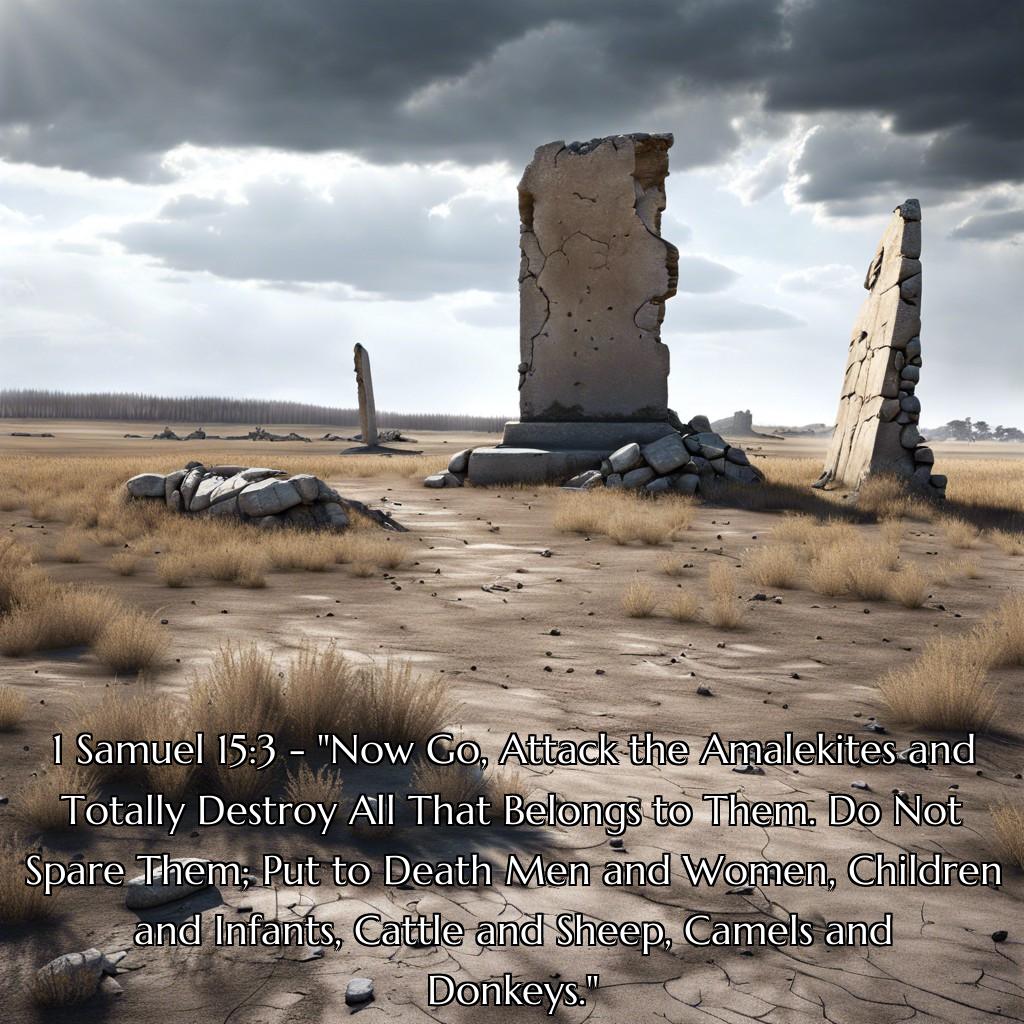
This verse commands an obliteration, sparking many debates on divine justice and morality. It depicts God’s instruction to Saul to eliminate the Amalekites completely, which includes not sparing men, women, children, and livestock. Here are some key points to consider:
- Historical Context: God issues this command due to the Amalekites’ longstanding opposition to Israel, seen as a divine retribution for their actions against His chosen people.
- Moral Dilemma: The inclusion of innocents in this directive often raises ethical concerns. Many grapple with reconciling a loving God with seemingly harsh commands.
- Symbolism: Some theologians view this as symbolic, representing the eradication of sin entirely, not tolerating any remnants that could lead the faithful astray.
- Narrative Function: It serves as a stark reminder of the severity of disobedience and the importance of adhering strictly to divine commands in the biblical narrative.
Ephesians 6:5 – “Slaves, Obey Your Earthly Masters With Respect and Fear, and With Sincerity of Heart, Just As You Would Obey Christ.”
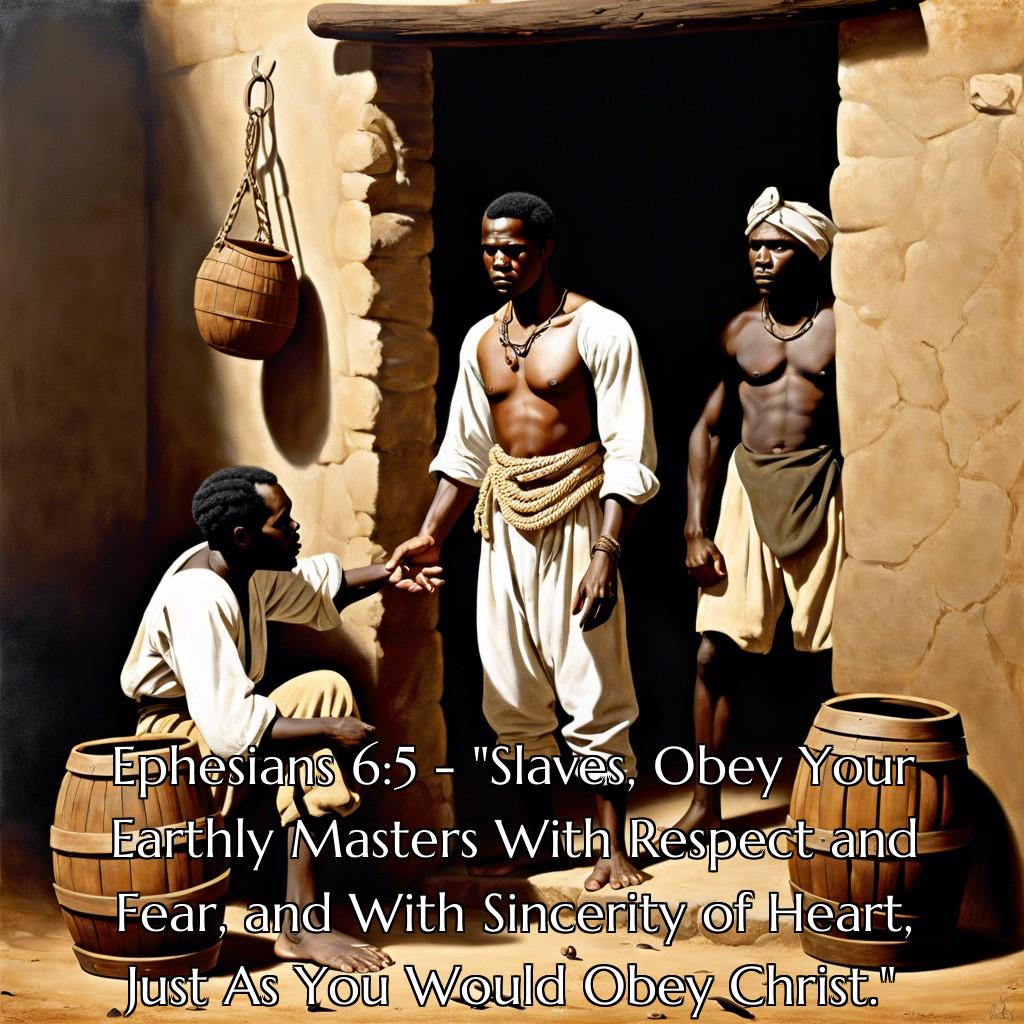
Paul’s letters often reflect the social norms of his time. In many first-century cultures, slavery was widely accepted and practiced. This verse is part of a broader section in Ephesians where Paul addresses various relationships within the household, including those between spouses, children, and servants.
Here are some key points to consider:
Paul was emphasizing the importance of sincere and respectful behavior, even in difficult circumstances. His instruction to obey masters “as you would obey Christ” suggests a higher standard of conduct rooted in faith.
It’s crucial to understand the historical context. Slavery in the ancient world was different from slavery in more recent history, although it still entailed a loss of personal freedom and harsh conditions.
Modern readers may find this verse challenging. The passage has been misused in history to justify oppression, highlighting the need for careful interpretation.
Paul’s writings do not explicitly condemn the institution of slavery, but he does promote treating all individuals with dignity and respect, aligning with Jesus’ teachings about love and service.
In an era where slavery is universally condemned, reflecting on this verse can prompt discussions about social justice and the evolving understanding of human rights within a faith context.
Leviticus 20:13 – “If a Man Has Sexual Relations With a Man As One Does With a Woman, Both of Them Have Done What Is Detestable. They Are to Be Put to Death; Their Blood Will Be On Their Own Heads.”

Leviticus often reflects the laws and norms of ancient Israelite society. This verse addresses the concept of sexual conduct, labeling male same-sex relations as detestable and warranting capital punishment.
To understand this verse:
- Historical Context: Ancient Israel had strict laws to preserve social order and religious purity. These laws often reflect practices deemed essential for their communal identity.
- Religious Beliefs: The early Israelites sought to differentiate themselves from neighboring tribes, many of whom engaged in practices they found unacceptable.
- Cultural Perspectives: Societal norms from that era did not value individual freedom in the same way modern societies do. Survival and community cohesion were prioritized.
- Modern Interpretation: This verse is still highly debated today. Many believers wrestle with balancing ancient texts with contemporary values of love, acceptance, and human rights.
Open conversation and understanding are essential when interpreting such passages. Remaining informed and empathetic helps bridge historical perspectives with modern comprehension.
Deuteronomy 21:18-21 – “If Someone Has a Stubborn and Rebellious Son Who Does Not Obey His Father and Mother and Will Not Listen to Them When They Discipline Him, His Father and Mother Shall Take Hold of Him and Bring Him to the Elders At the Gate of His Town. They Shall Say to the Elders, ‘This Son of Ours Is Stubborn and Rebellious. He Will Not Obey Us. He Is a Glutton and a Drunkard.’ Then All the Men of His Town Are to Stone Him to Death. You Must Purge the Evil From Among You. All Israel Will Hear of It and Be Afraid.”

In this verse, the severe punishment for a rebellious son reflects the high value placed on family and social order in ancient Israelite society. Here are some points to understand the context:
First, it emphasizes communal responsibility. The whole town participates in the judgment, making it a collective effort to uphold societal norms.
Second, it aims to deter similar behavior. The extreme consequence serves as a stark warning to others, promoting societal discipline.
Third, the role of parents is highlighted. They are expected to take active measures in addressing their child’s rebelliousness, showing the importance of parental authority and guidance.
Lastly, this directive underscores the seriousness with which rebellion and gluttony were viewed, considered significant threats to community stability and moral integrity.
2 Kings 2:23-24 – “From There Elisha Went Up to Bethel. As He Was Walking Along the Road, Some Boys Came Out of the Town and Jeered At Him. ‘Get Out of Here, Baldy!’ They Said. ‘Get Out of Here, Baldy!’ He Turned Around, Looked At Them and Called Down a Curse On Them in the Name of the Lord. Then Two Bears Came Out of the Woods and Mauled Forty-two of the Boys.”

This unsettling episode often prompts questions about divine justice and fairness. Elisha, recently appointed as Elijah’s successor, faces mockery from a group of young people. The jeers go beyond casual teasing, aiming at his prophetic authority. In ancient Israel, prophets were held in high esteem as messengers of God. To disrespect Elisha was seen as defying divine authority.
The response seems harsh to modern readers. However, it reflects the seriousness of blasphemy and disrespect in a culture where the community’s spiritual well-being was paramount. The bears’ attack underscores the idea of God’s protection over His messengers and the severe consequences of denigrating sacred roles. This passage emphasizes reverence and the weight of words spoken against those entrusted with spiritual leadership.


